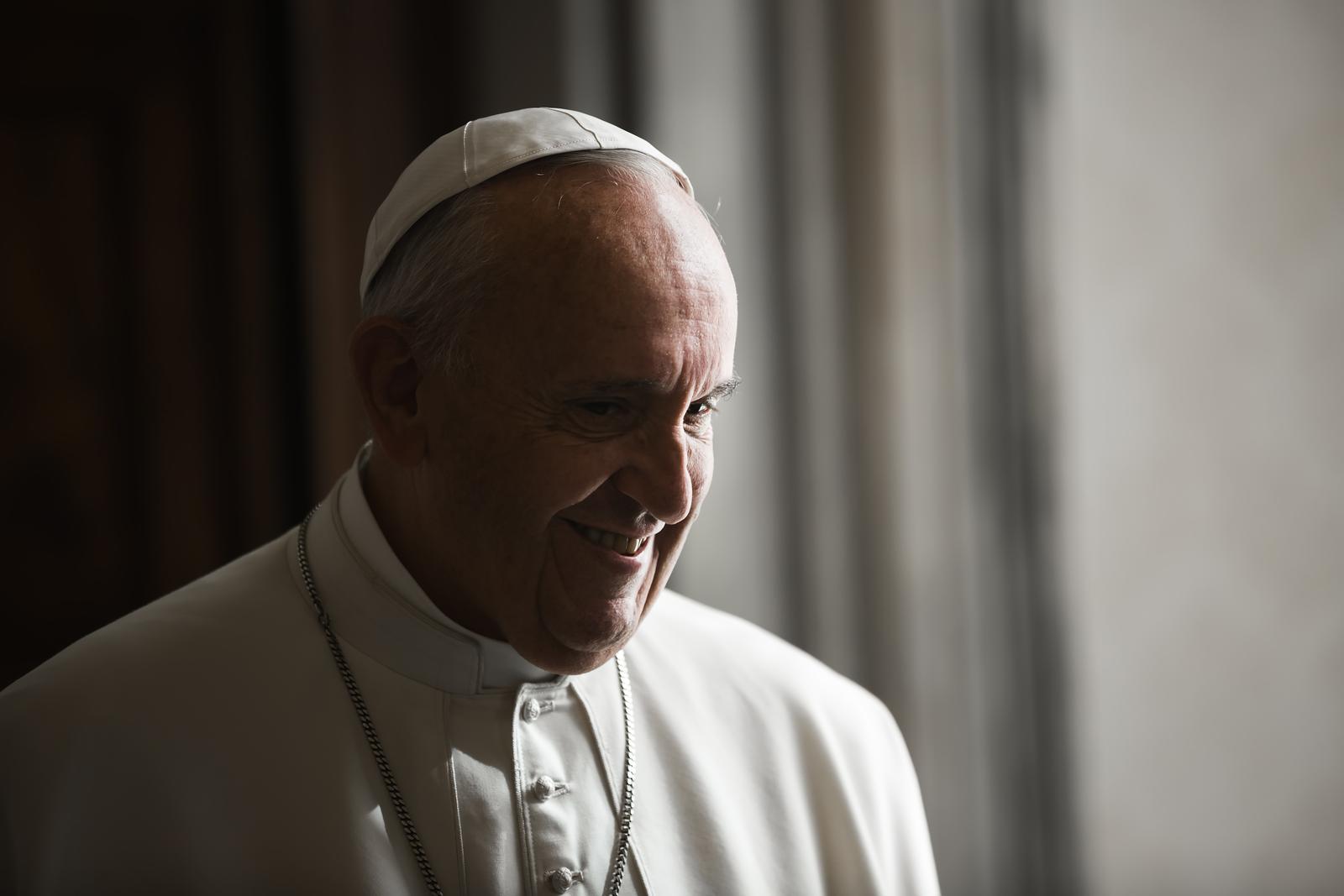The “last” will be the last to welcome him, as they wait on the threshold of the Basilica of St. Mary Major, where Pope Francis will be buried under the maternal gaze of the icon of the Salus Populi Romani.
The final stretch of the earthly path of the Bishop of Rome, who came almost from the “ends of the earth,” will be crowned not by the powerful but by those poor, migrants, homeless, and marginalized, in short, those who have been the focus of so many pages of his magisterium and who are at the centre of every page of the Gospel.
Already on Easter Monday, the Monday of the Angel, the words pronounced by Cardinal Camerlengo Kevin Joseph Farrell to announce the unexpected death of Pope Francis had underlined this cornerstone of his teaching: “He taught us to live the values of the Gospel with fidelity, courage, and universal love, especially in favour of the poorest and most marginalized.”
“How I would like a Church which is poor and for the poor!” Pope Francis said at the beginning of his pontificate in 2013. “For the Church, the option for the poor is primarily a theological category rather than a cultural, sociological, political, or philosophical one. God shows the poor ‘His first mercy.’ This divine preference has consequences for the faith life of all Christians, since we are called to have ‘this mind… which was in Jesus Christ’,” he wrote in the apostolic exhortation Evangelii gaudium, a document that we have yet to fully appreciate and that marked the trajectory of his ministry as Successor of Peter.
Pope Francis’ words were always accompanied by concrete actions and choices. The first Pope to choose the name of the saint of Assisi followed in the wake of the teachings of his predecessors, such as those of Pope St. John XXIII, who, a month before opening the Second Vatican Ecumenical Council, had said, “The Church presents herself as she is and wants to be, as the Church of all, and particularly the Church of the poor.”
For the first South American Pope, his magisterium of words and actions had its origin in the Gospel and the teachings of the early Church Fathers—like Saint Ambrose, who had said, “It is not of your possessions that you make a gift to the poor; you do no more than render to him what belongs to him. For it is that which is given in common for the use of all, that which you annex. The earth is given to all, and not only to the rich.”
With these words, Pope St. Paul VI was able to affirm in his encyclical Populorum progressio that private property does not constitute an unconditional and absolute right for anyone, and that no one is authorized to reserve for his own exclusive use what exceeds his need when others lack the necessities.
His teachings also recalled St. John Chrysostom, who said in a famous homily, “Do you want to honour the body of Christ? Do not allow it to be an object of contempt in its members, that is, in the poor, deprived of clothes to cover themselves. Do not honour Christ here in church with silk cloths, while outside you neglect Him when he suffers from cold and nakedness. He who said: This is My Body, said also: ‘You saw Me hungry and did not give Me food’.”
Far from ideological readings, the Church has no political interests to defend when it calls for overcoming what Pope Francis called “the globalization of indifference.”
Moved only by the words of the Gospel, sustained by the tradition of the Fathers of the Church, the late Pope invited us to turn our gaze to those who are “last,” those favoured by Jesus—those “last ones” who will accompany him on Saturday with their embrace on the final stage of his journey.
This article was originally published on Vatican News. All copyrights reserved to the Dicastery for Communication – Vatican News. Unauthorized republication by third parties is not permitted.







